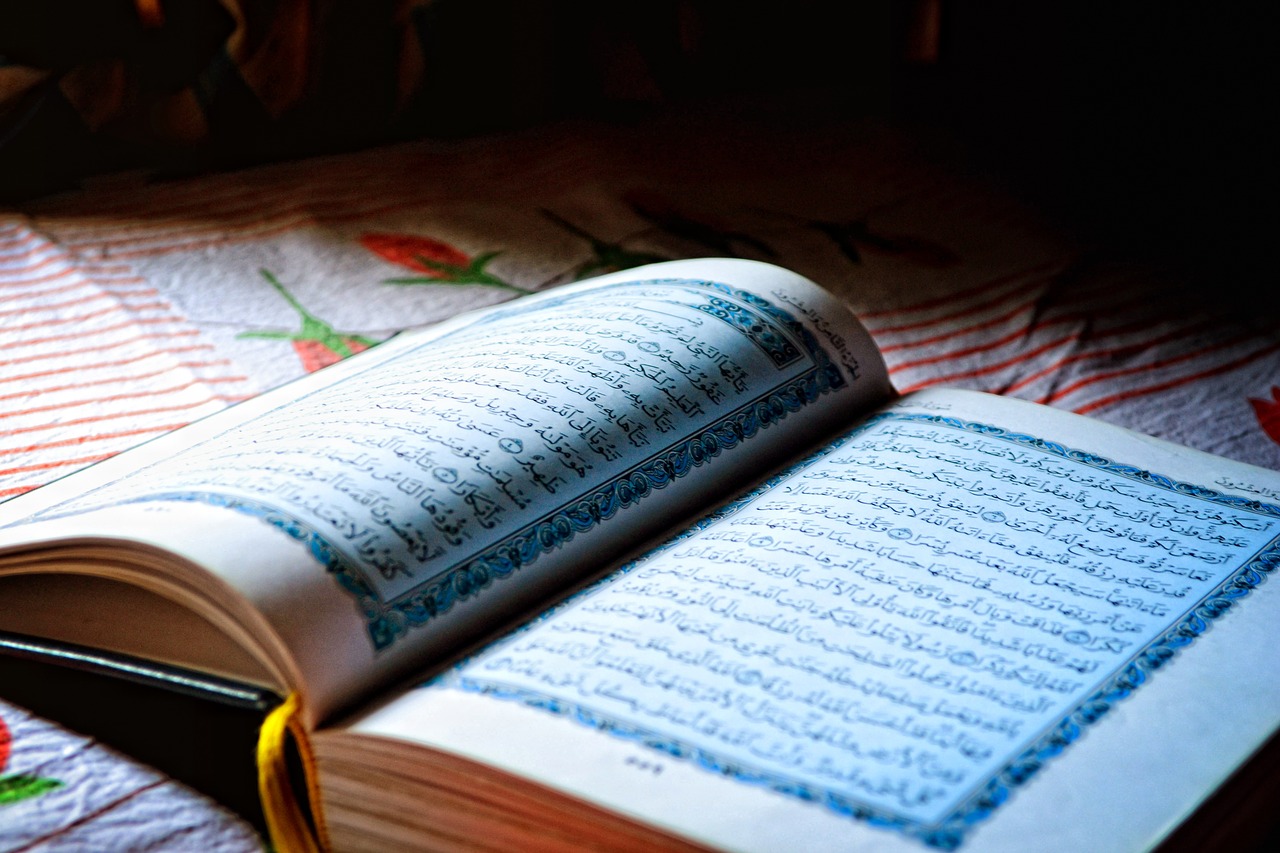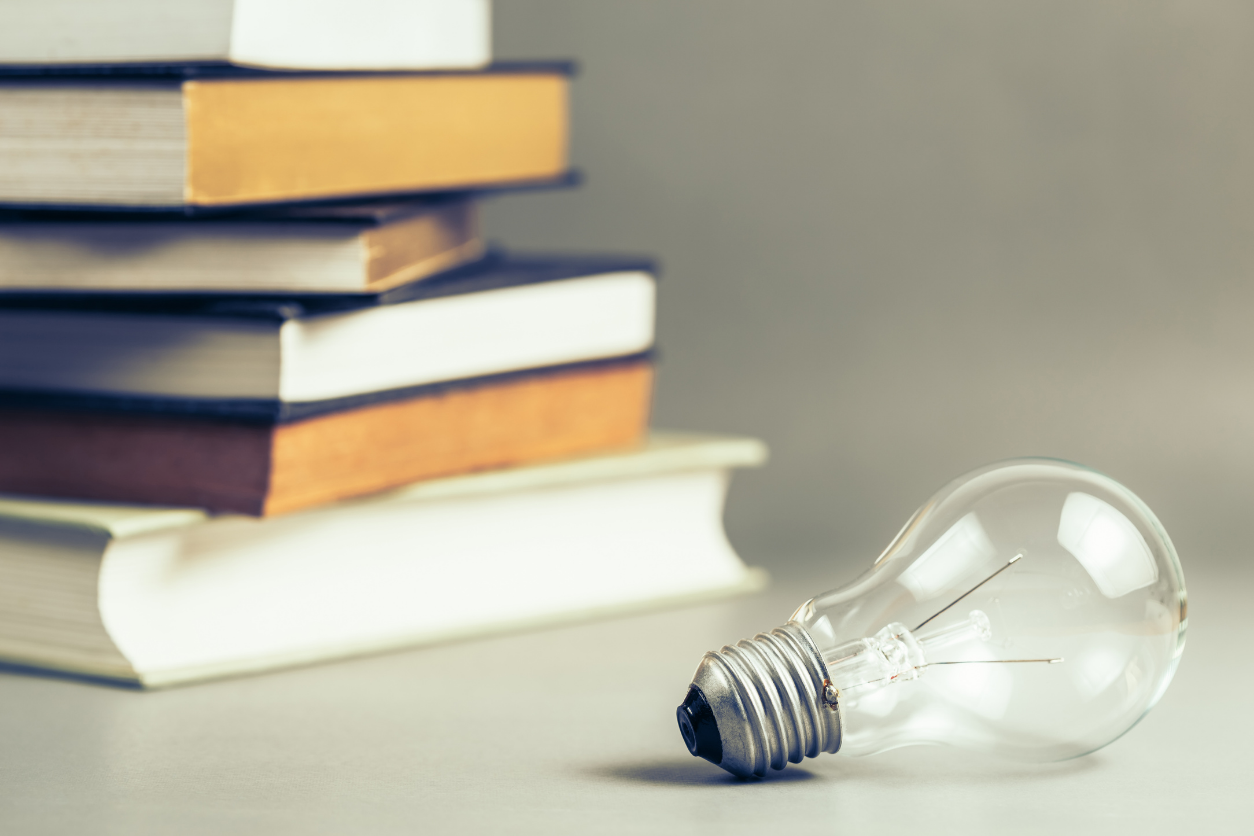Contrary to what is promoted by the media and politicians, the Qur’an along with advice of Prophet Muhammad is a treasure trove of sound and calming advice in times of crisis.
Most startling of all is a verse about the simple household fly: O people, an example is presented, so listen to it. Indeed, those you call upon besides Allah will never create [as much as] a fly, even if they gathered together for that purpose. And if the fly should steal away from them a [tiny] thing, they could not recover it from him. Weak are the pursuer and pursued. 23:2 A very apt description of a virus and our inability to deal with its repercussions.
Viral epidemics call first for preventative measures. In a saying of Muhammad, “If you hear of a plague in a land, then do not go into it. If it happens in a land where you are, then do not go out of it.” Social distancing is a first step.
From the Qur’an, Muslims learn to make a compulsory ablution before the five daily prayers: washing hands, mouth, nose and face. A regular cleaning of those very cavities that are exposed to and harbor germs. Many Muslims still eat foods with their hands as they learn there is blessing in it, in addition to an enzyme found in the skin of the fingertips that helps break down food and aid digestion. Therefore, before and after eating, washing hands is a must.
Traditional Muslim greetings are universally recognized: a placement of the right hand over the heart. This conveys many things: honor, respect, modesty and avoids personal contact, which in times like these we are cautioned to avoid.
The five daily prayers are acts that require physical movements as well as reciting verses of the Qur’an. Much like yoga stretches they involve standing, bowing, prostration (similar to child’s pose) and sitting back on the haunches. In our sedentary society, it may be the only exercise some of us get! The act of humbling oneself in prostration, not only good for the soul, allows blood flow to the brain and head.
The amusing rush to stockpile toilet paper in Western lands is mitigated by the admonition to clean ones’ privates with water when available. In Muslim homes one finds all manner of cleaning devices such as bidets and other vessels for cleaning with water after every trip to the bathroom.
A very early precursor of the toothbrush is the miswak. In Islamic traditions relating to the life of Muhammad, this cleaning twig is known for its antibacterial properties, and was recommended to be used before religious practice, before entering one’s house, before and after going on a journey, on Friday congregational days of prayer, before sleeping and after waking up, when experiencing hunger or thirst and before entering any gathering.
There are cures mentioned in Quran as well, notably honey. “And thy Lord taught the bee to build its cells in hills, on trees and in people’s habitations… there issues from within their bodies a drink of varying colors, wherein is healing for humankind. Verily in this is a Sign for those who give thought.” Prophet Muhammad further elaborated that “Honey is a remedy for every illness and the Quran is a remedy for all illness of the mind. As a book meant to be recited, reading the Quran is itself said to be a cure (shifa’).
The Muslim daily offering of 5 primary prayers brings comfort and a respite from daily stress and especially in times of overwhelming panic. This regular ‘check in’ reminds us to be grateful and connect with our Creator; giving us solace to know that all things are ultimately in the ‘hands’ of God. Verses assure us that neither anything good nor harmful can approach us without the will of God. A Prophetic admonition is to tie one’s camel, i.e., take your precautions, then leave the results to God.
So much that we have learned in the last weeks and month – to take our precautions, be mindful of our hygiene, practice social distancing, avoid personal contact and above all, not to panic – are the very prescriptions Muslims worldwide follow based on what is known from the Qur’an. I can’t vouch that each and every Muslim follows this divine guidance, the Qur’an makes clear there is no compulsion in religion, nevertheless there are many great prescriptions that serve humanity well in times of goodness and affliction.












